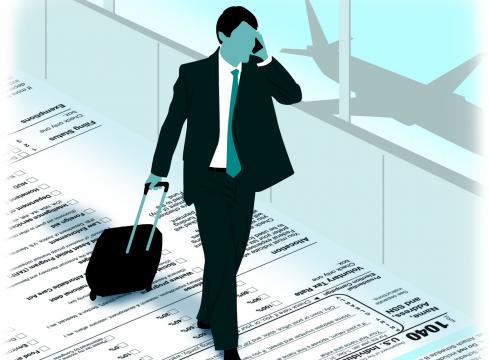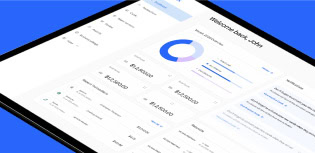Create a Comprehensive Travel and Expense Policy

One of the easiest ways to maintain control of your company's expenses is to create a comprehensive travel and expense policy. Employees, particularly those who are required to travel for business, should have an understanding of the company's travel and expense guidelines before making a purchase. If your company needs to create or revise an existing travel and expense policy, here are some things to keep in mind:
Company Culture
A company's culture manifests itself in all aspects of business, and a travel and expense policy is no exception. It is the company culture that dictates the level of comfort an employee can enjoy while traveling. In a more relaxed, employee-oriented culture, employees might be reimbursed for reasonable meal expenses, have no restrictions on hotel or class, and have the freedom to choose their preferred vendor. A more restrictive, business-oriented culture might require employees to travel the lowest reasonable class, cap their spending on meals, and require a stay only at approved hotel vendors. Employees who are familiar with company culture won't be surprised when their T & E policy reflects that.
Policy Content
For a travel and expense policy to maximize it's effectiveness, critical policy areas must be addressed. A comprehensive travel and expense policy must cover, among other things: air travel, car rentals, and payment methods. Sub-policy areas should then address details such as frequent flyer miles or hotel room guidelines. The more detailed you are in advance, the less likely you will run into problems after your employees already spend on travel.
Define Payment Options
How do employees actually pay for their travel? At a larger company, a travel coordinator might book the logistics in advance using a company account. Some companies will require use of a company credit card that offers rewards, or perhaps allow the employee to use their personal card for rewards, and reimburse them for their expense.
Once employees are on the road, they have a couple of options to pay for their expenses: a corporate credit card, personal credit card and reimbursement, petty cash, or PEX card, a corporate prepaid card. PEX Card offers the convenience of using a credit card, without requiring employees to pay for expenses upfront. It also greatly simplifies the expense reporting process after a trip. You can read more about PEX for employee travel here.
Similar resources
Opinions, advice, services, or other information or content expressed or contributed here by customers, users, or others, are those of the respective author(s) or contributor(s) and do not necessarily state or reflect those of The Bancorp Bank, N.A. (“Bank”). Bank is not responsible for the accuracy of any content provided by author(s) or contributor(s).








